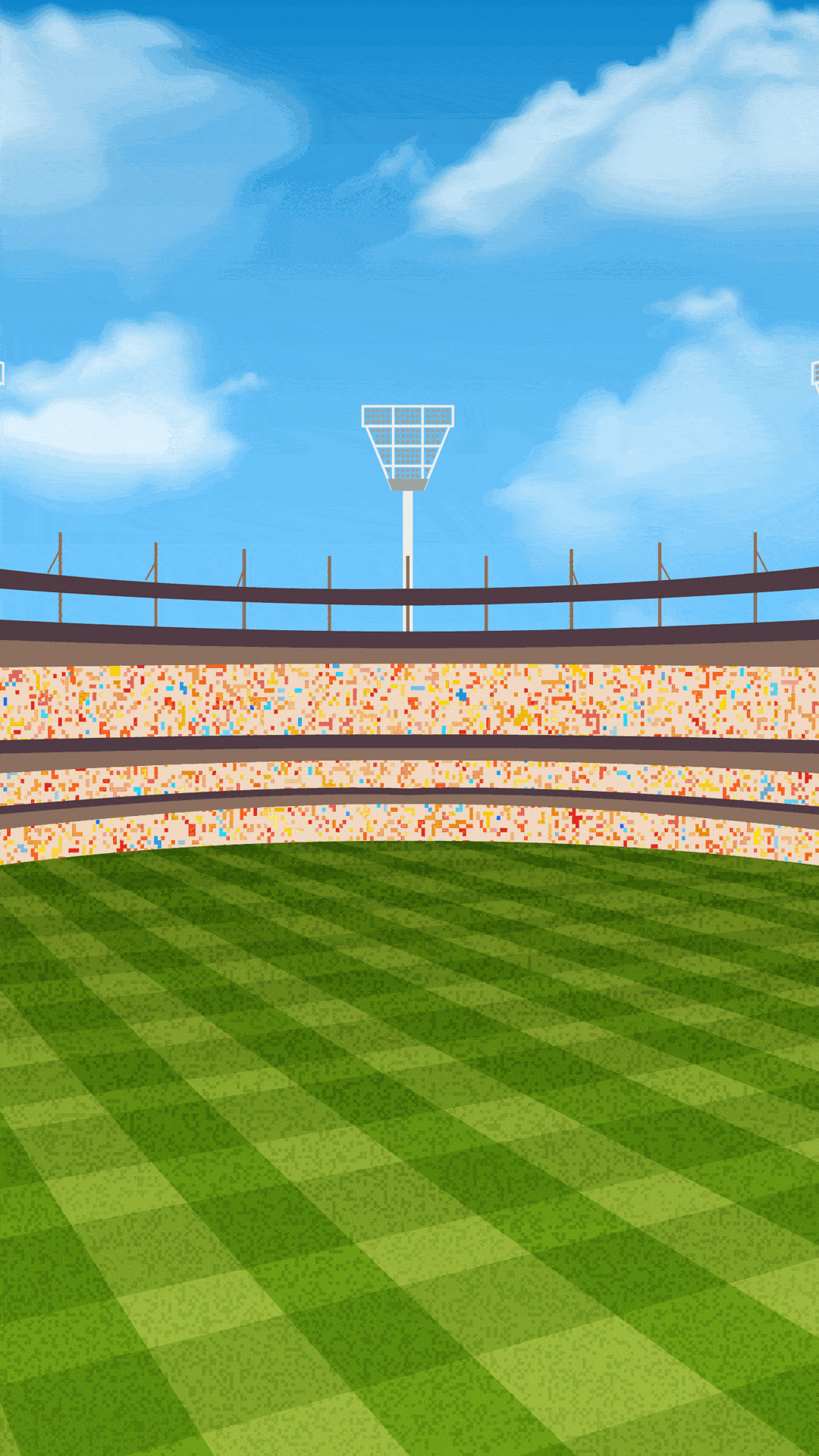Have you ever wondered why Japan play in blue instead of white and red?
Football in Japan has grown considerably over the past 25 years, with the beautiful game capturing the imagination of larger portions of their 125-million population.
The likes of Shinji Okazaki, Keisuke Honda and Shinji Kagawa have all sported the blue jersey over the past three decades, representing the nation on the world stage. Samurai Blue famously co-hosted the 2002 World Cup with South Korea, in what was their sophomore appearance in the competition.
Where did their ‘Samurai Blue’ nickname come from, though? And why is it that they wear the colour blue? GOAL brings you the answers to these questions and more.
Why is Japan called Samurai Blue?
Japan’s nickname, ‘Samurai Blue’ (also referred to as ‘Blue Samurai’) is partially due to the blue colour of their playing kits, which have been blue since the 1930s. The second half of the name is inspired by Japan’s ancient warriors, or the samurai, which are widely recognised as part of the country’s international identity.
The nickname has been championed by the Japanese Football Association (JFA) for over 15 years. Ahead of the 2006 World Cup, the JFA included ‘Samurai Blue’ as one of the options to become the national team’s recognised nickname. It proved the overwhelming preference of Japanese fans that year.
‘Samurai Blue’ had already been in colloquial use for many decades before that point though. The name has connotations of battling with pride, a sense of fair play and a strong desire for victory.
JAPAN ARE THROUGH TO THE ROUND OF 16 AS GROUP WINNERS ? pic.twitter.com/9gbBb8txzU
— GOAL (@goal) December 1, 2022
Why does Japan wear blue?
Japan’s flag, called Hinomaru, is instantly recognisable and doesn’t feature the colour blue at all. Symbolising the disc of the sun, the Japan national flag stands for purity and integrity. The red gradient represents sincerity, brightness and warmth.
There are a number of reported reasons for why they wear blue instead of red. Some claim the Japanese football team’s success in the 1930 Far Eastern Championship Games, where they won their eighth consecutive football title in blue, was the catalyst.
Others say that it was their participation in the 1954 World Cup qualifiers, where the Tokyo Imperial University team formed most of the playing squad and wore blue when they played domestically.
Another belief in is that the colour represents the blue sky and ocean, symbolising the national territory of Japan. The truth appears to be somewhat elusive, but there does seem to be an element of superstition in all of the stories.
Over the years, blue became Japan’s primary colour in football, but they have worn other colour variations too. In the 1980s, for example, they wore white with a blue trim and, in the 1990s, they wore a kit with white stripes featuring red diamonds.
What does Japan’s crest look like?
Japan’s team crest features the Yatagarasu, a three-legged crow from Japanese mythology that is a symbol of the sun. The Yatagarasu is holding a solid red ball that resembles the red dot (the sun) from the national flag.
Below the crow are the initials ‘JFA’ for the Japan football association and the name ‘Japan’ above it.
All of these details sit in front of a white background with a vertical red stripe.
<img src="” title=”Explained: Japan’s ‘Samurai Blue’ nickname & national team colours” />























